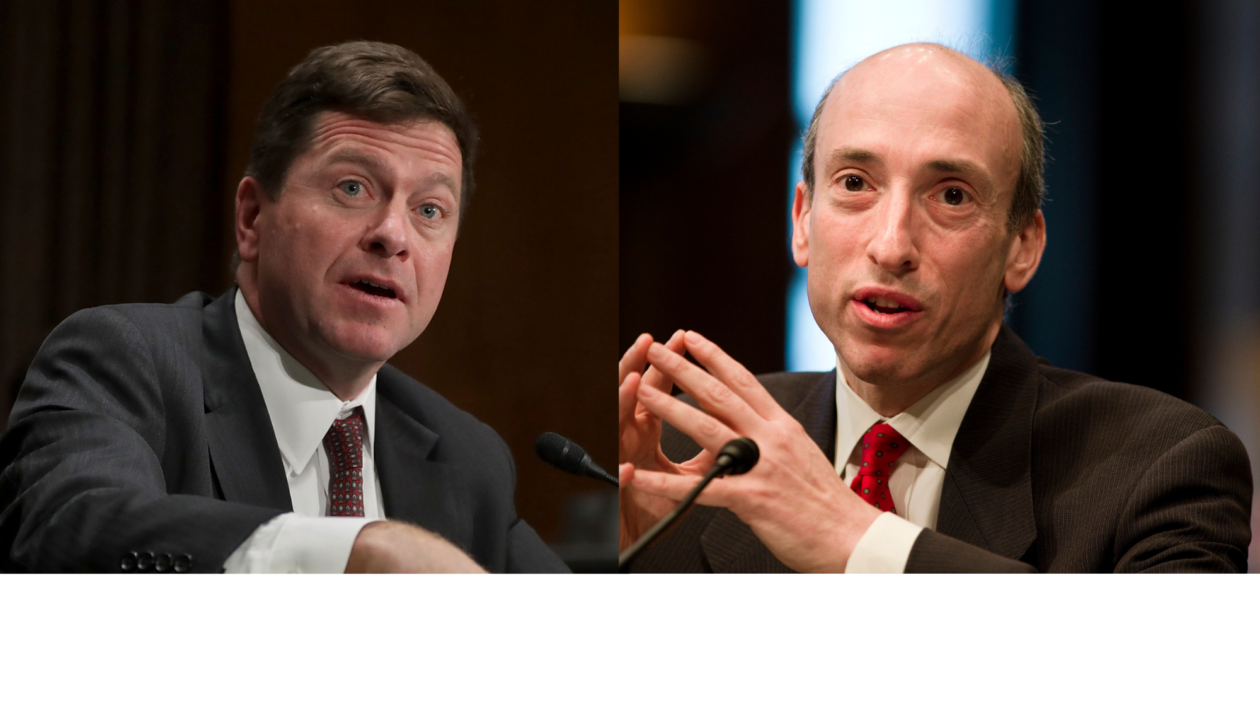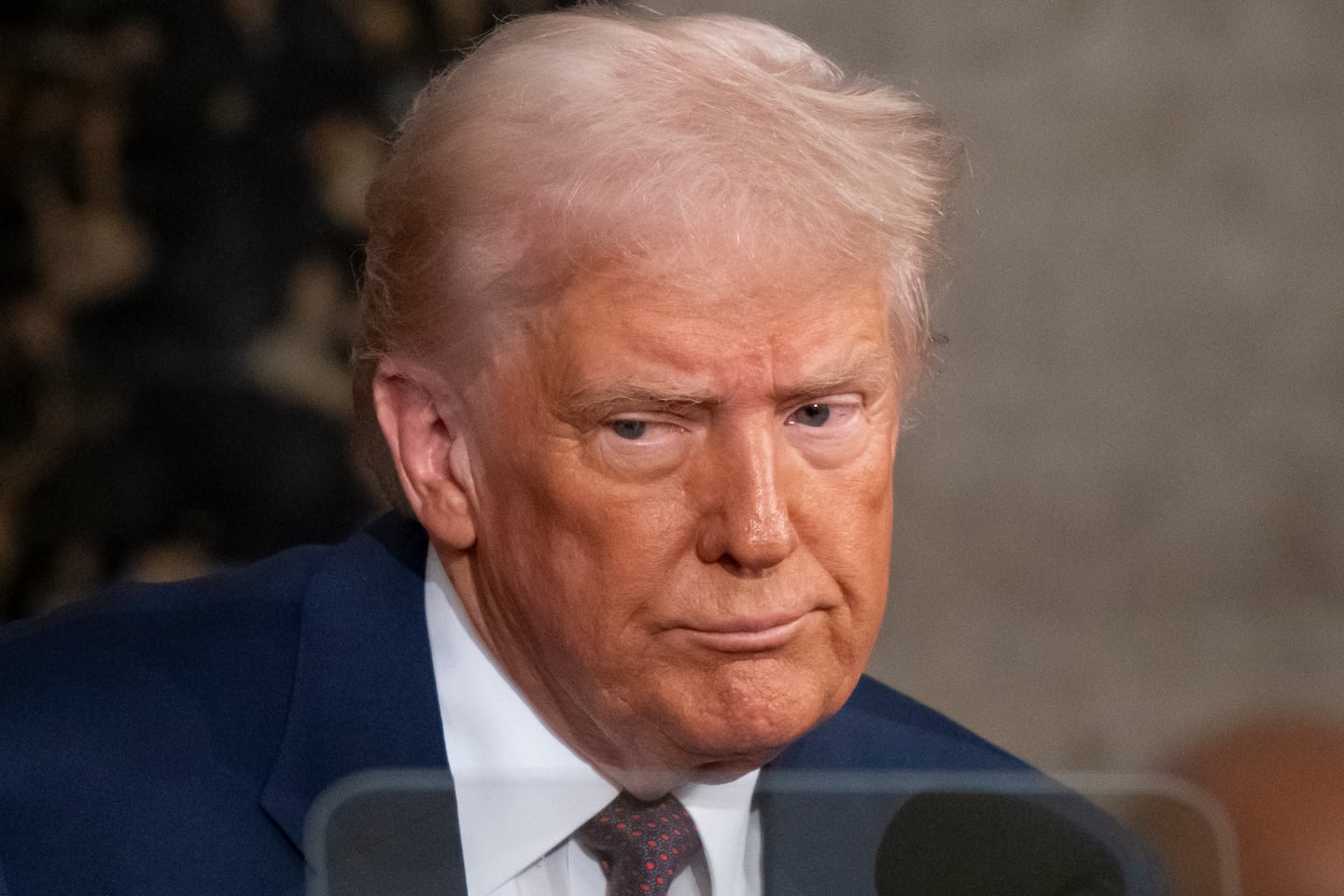U.S. Senate Banking Committee Passes Stablecoin Regulation Bill With Bipartisan Support
Published on 3/13/2025, 12:00:00 AM
In a landmark move signaling the diversification and expansion of the American financial sector, the U.S. Senate Banking Committee has solidly backed the revolutionary stablecoin-focused GENIUS Act. This significant piece of legislation has taken a crucial step towards a comprehensive Senate vote, having garnered a persuasive bipartisan endorsement during a committee vote held last Thursday.
Gaining favor from both sides of the aisle, the GENIUS Act danced past the committee stage with a confident 18-6 vote. The outcome was achieved with integral buildouts from five Democratic Senators, who joined their Republican colleagues to catapult this forward-thinking bill across the committee finish line.
Among the Democrats supporting the passage of the GENIUS Act were the influential bill co-sponsor, Angela Alsobrooks from Maryland, and Senate Banking Committee members Mark Warner of Virginia, Andy Kim of New Jersey, Lisa Blunt Rochester of Delaware, and Ruben Gallego of Arizona.
Bill Hagerty, a Republican Senator from Tennessee and an ardent sponsor of the bill, articulated an optimistic projection for the pending full Senate vote, scheduled for the end of the month.




Advocate of the legislation and yet another co-sponsor, Republican Senator Cynthia Lummis of Wyoming, provided more insight into their hope for the Act. The senator emphasized that the GENIUS Act's progression from committee stage inch us toward granting stablecoin issuers an opportunity to choose between state and national charters. This, she believes, preserves America’s competitiveness in the swiftly metamorphosing digital asset universe.
The recent Senate Banking Committee meeting was not devoid of resistance though. Seasoned crypto skeptic, Elizabeth Warren, a Democratic Senator from Massachusetts, sought to extend the scope of the GENIUS Act by suggesting the inclusion of stringent new provisions. These proposed amendments sought to blacklist any stablecoin issuers implicated in illicit activities, such as drug trafficking and child pornography buying, or in dealings with state enemies.




Furthermore, she advocated for an expansion of the Act’s jurisdiction to cover crypto exchanges and other third-party actors involved in stablecoin transactions. However, her efforts to amend the bill were predominantly dismissed along party lines, highlighting the present disagreement around digital currencies in the Senate.
The final draft of the GENIUS Act introduced earlier this week, while generally endorsed by industry leaders, did see some pushback from certain crypto users. The concerns revolved around a novel provision that would compel stablecoin issuers to possess the capacity to "seize, freeze, burn, or prevent the transfer” of tokens in compliance with any legal orders.




Now as we await the Senate's full vote, the implications of the GENIUS Act are expected to shape and perhaps even revolutionize the operation of the U.S. digital asset space, and indeed the global crypto landscape.
Related Articles

Supreme Court Upholds Judge Ali's Ruling in $2 Billion USAID Jurisdiction Case
3/13/2025, 4:18:21 PM
Trump Administration Proposes Budget Cuts to Wildlife Research, Risking Conservation Efforts
3/13/2025, 4:07:02 PM
Negotiations Stalled: Democrats Weigh Options as GOP Proposes Cuts to D.C.'s Funding
3/13/2025, 4:01:09 PM
